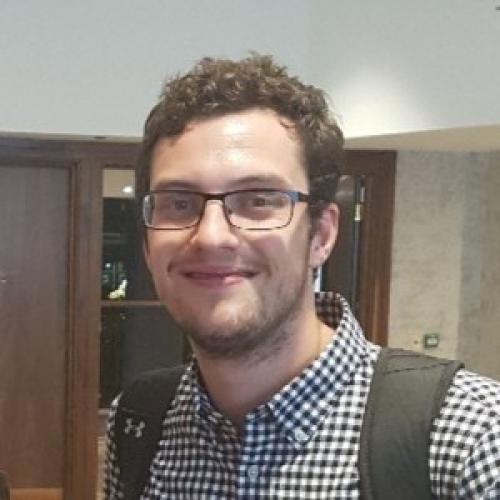
Tina Sarén
Senior Scientist
Elicera Therapeutics

Alexandra Melia
Partner
Steptoe (UK)

Paul Ibbett
Scientist II
MiNK Therapeutics

Ann Ager
Professor of Cellular Immunity and Immunotherapy, Division of Infection and Immunity, School of Medicine and Systems Immunity Research Institute
Cardiff University

Troels Jordansen
CEO
Glycostem Therapeutics

Sven Kili
CEO
Antion Biosciences

Stuart Curbishley
Head of Business and Project Development – Advanced Therapies
University of Birmingham

Sarah Tettamanti
Postdoctoral Research Scientist
M. Tettamanti Foundation Research Center

Robert Igarashi
Head of Discovery & Pre-Clinical Development
Kiadis Pharma, a Sanofi Company
